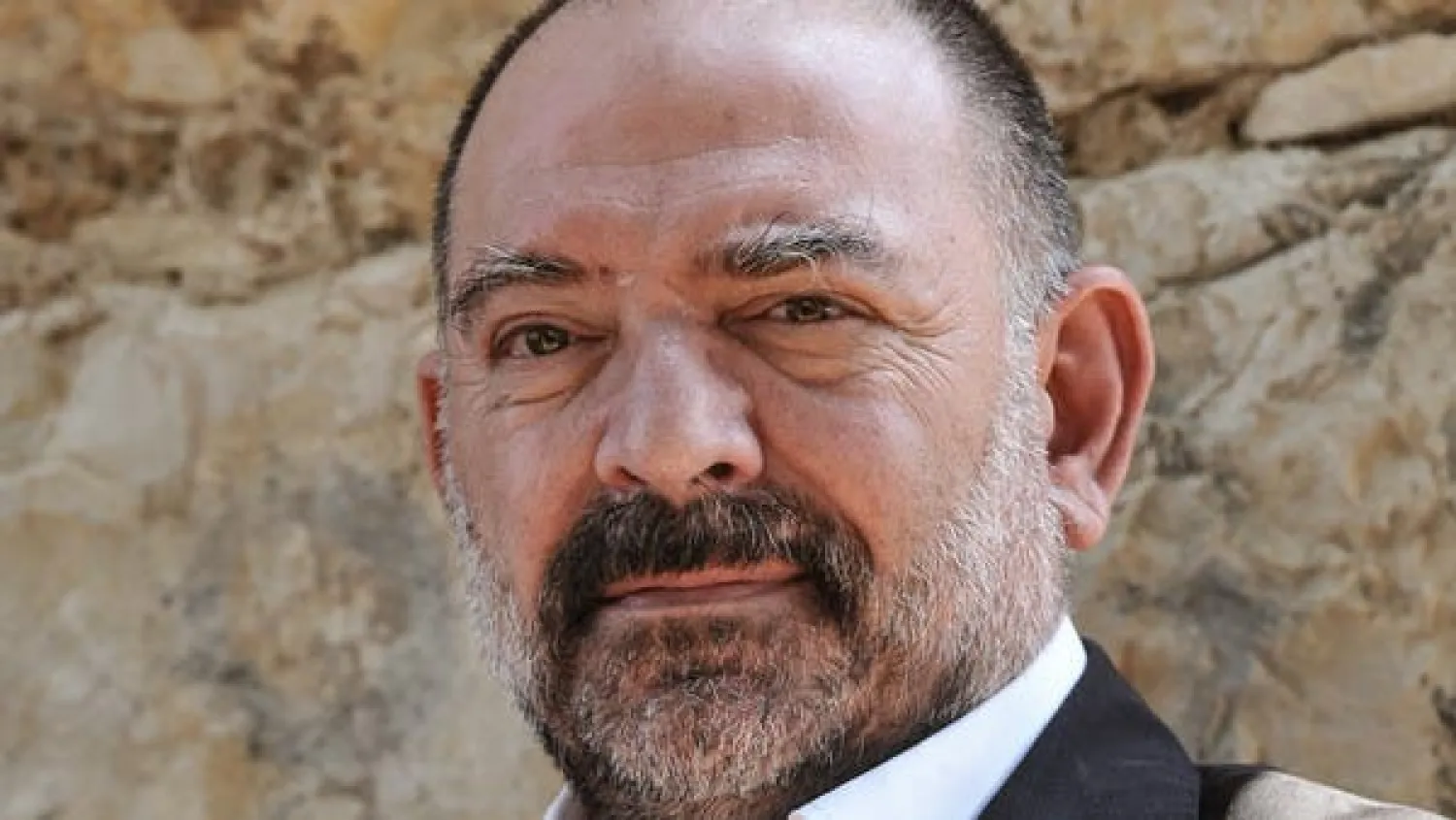The assassination of Lebanese intellectual and political activist Loqman Slim stirred widespread political condemnation in Lebanon, while no comment was issued by Hezbollah on the crime.
However, a tweet by Jawad Nasrallah, the son of the party’s secretary general, aroused anger in the Lebanese street, amid political warnings of “Lebanon’s sliding into a series of assassinations targeting activists and opponents.”
Jawad Nasrallah wrote on his Twitter account after the killing of Slim: “The loss of some is in fact profit and unmatched kindness,” accompanied by a hashtag: “No regrets.”
The tweet sparked angry reactions, so Nasrallah deleted it, justifying it as related to “a personal matter.”
Prime Minister-designate Saad Hariri condemned the killing of the political activist, saying on his Twitter account: “Loqman Slim is a new martyr on the path to freedom and democracy in Lebanon, and his assassination is no different from assassinations of his predecessors.”
“Loqman Slim was clearer than everyone else, perhaps in determining the danger to the homeland. He did not compromise nor retreat. He offered his blood and pure soul for Lebanon’s salvation… We, and all sovereigns, will continue the battle for freedom. Denunciation is no longer enough, and what is required is to uncover the criminals to stop the malevolent killing machine.”
In turn, the Lebanese Forces party denounced the assassination of the “sovereign activist”, calling on the security forces to reveal the circumstances of “this horrific crime and bring the criminals to justice.”
The Lebanese Kataeb party described Slim as “a free thinker,” saying in a statement: “This crime is considered as a return to the series of political assassinations and a miserable attempt to strike diversity and the other opinion as well as to silence people of free voices calling for the establishment of a sovereign and independent state.”
The Free Patriotic Movement (FPM), for its part, urged the judicial and security agencies to complete the investigations as quickly as possible, in order to achieve justice, stressing that the crime should not be used to incite discord.
The media office of the Amal Movement denounced in a statement the assassination, calling for a security and judicial investigation to reveal and punish the perpetrators.









